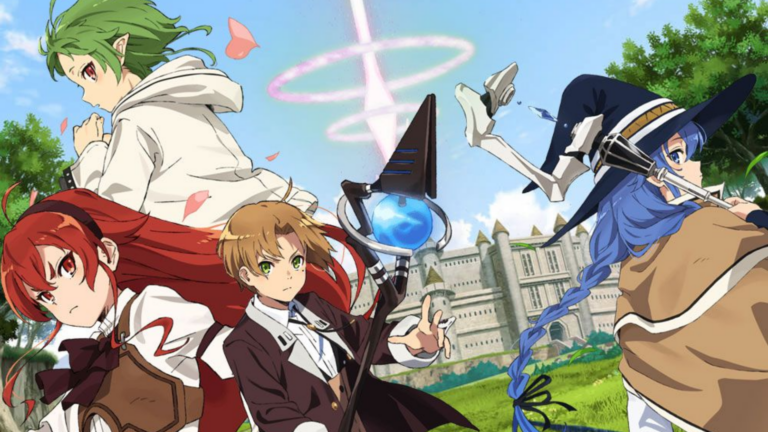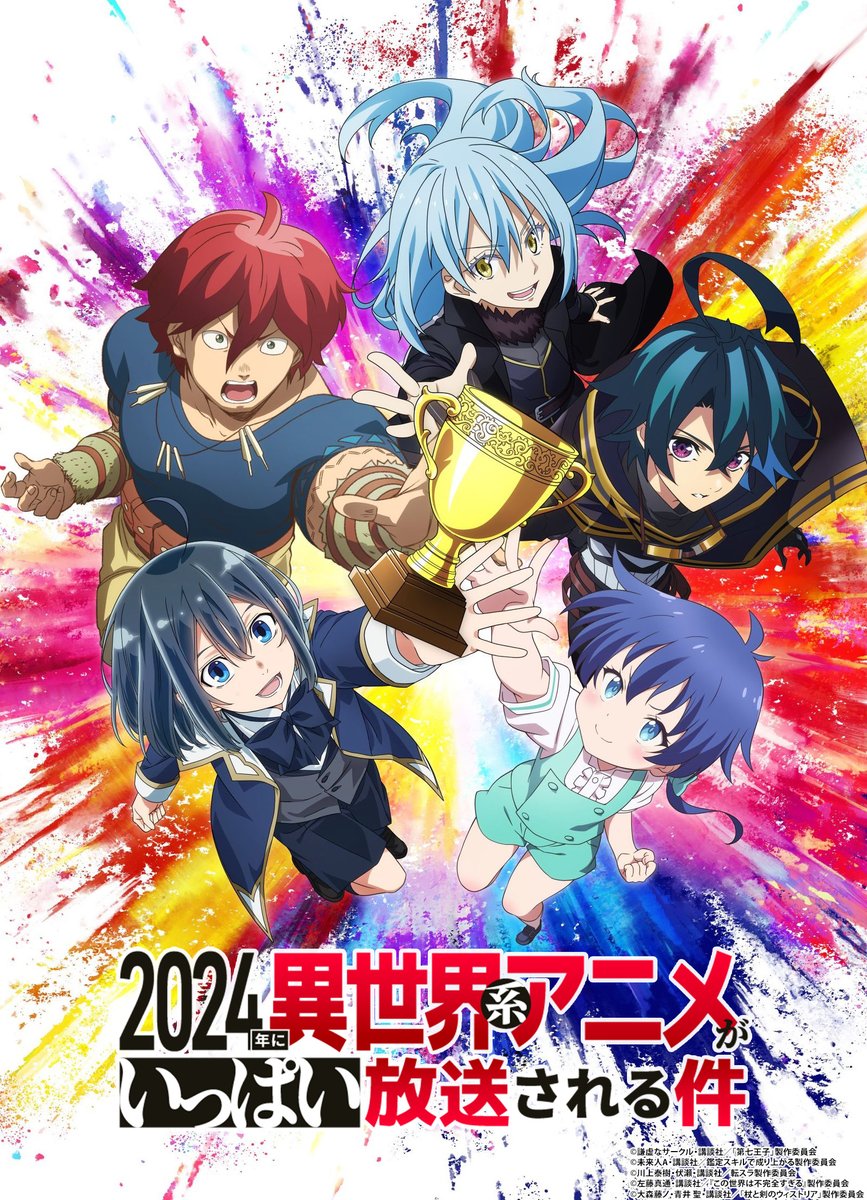The Japanese words ‘isekai’ and ‘mangaka’ have found themselves in the Oxford English Dictionary, along with a bunch of other Japanese words. A mangaka is defined as A writer or illustrator of manga, while an isekai is defined as:
A Japanese genre of science or fantasy fiction featuring a protagonist who is transported to or reincarnated in a different, strange, or unfamiliar world. Also: an anime, manga, video game, etc., in this genre. Frequently as a modifier.
The words ‘onigiri,’ ‘katsu,’ and ‘tonkatsu’ were also added, defined as:
Onigiri: A Japanese dish consisting of small balls or triangles of rice stuffed with a pickled or salted filling, and typically wrapped in dried seaweed.
Katsu: In Japanese cookery: a piece of meat (usually chicken), seafood, or vegetable, coated with flour, egg, and panko breadcrumbs, deep-fried, and cut into strips. Also: a dish of this, typically served with shredded cabbage and tonkatsu or curry sauce. Frequently as a postmodifier, esp. in chicken katsu
Tonkatsu: In Japanese cookery: a pork cutlet coated with flour, egg, and panko breadcrumbs, deep-fried, and cut into strips. Also: a dish of this, typically served with shredded cabbage and tonkatsu sauce.
Some of the other words include ‘santoku,’ ‘okonomiyaki,’ and ‘donburi.’
Both isekai and mangaka have been commonly used already by Japanese anime and manga fans, and this just seems like an official acknowledgement from the Oxford English Dictionary that the words are part of the language now. The isekai genre has been growing consistently for a while, and Kodansha recently announced a big isekai collaboration project as well. It’s titled “That Time Many Isekai Titles Aired in 2024,” and you can see the visual below.
Source: Oxford English Dictionary
Featured image: Mushoku Tensei
© Rifujin na Magonote/MF Books/”Mushoku Tensei” Production Committee


Participate In Discussions